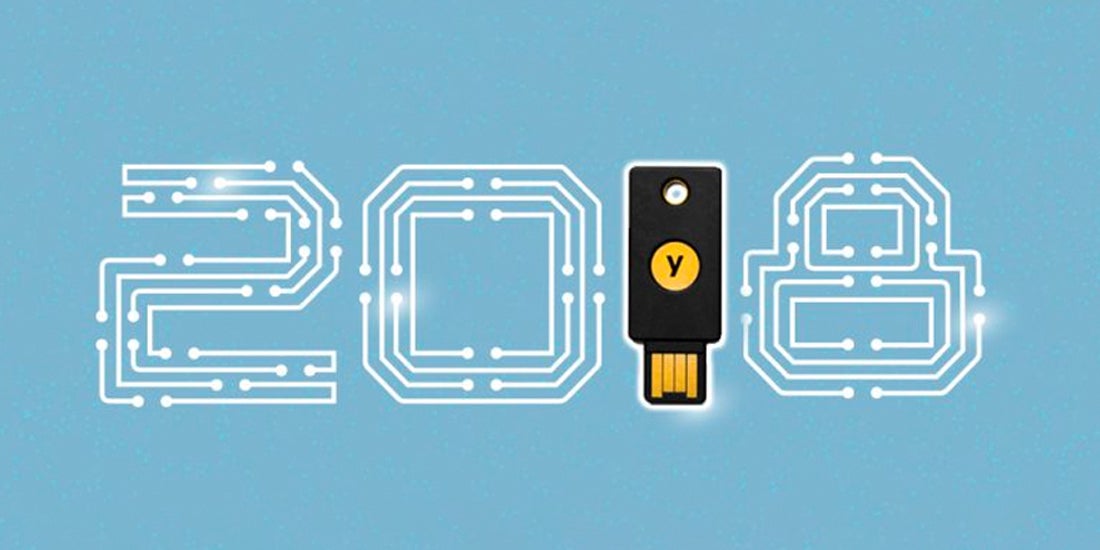A journalist recently asked me why the world is seeing the return of hardware authentication. My response is that hardware actually never went away. Today, there is no more prevalent form of user verification than hardware. If there had been an easier and more secure way to deploy and revoke user credentials for billions of people, we would not have hardware SIM cards in our phones or chip credit cards in our wallets.
Security is all about minimizing attack surface and achieving separation. The recent Spectre and Meltdown attacks illustrated that it’s hard to achieve watertight separation between processes as systems become increasingly complex. General purpose computing devices that are connected to the internet have big attack surfaces, making them vulnerable to attacks from many fronts, including malware, phishing, malicious apps, Wifi exploits, VPN masking, and social engineering.
However, hardware security devices by themselves do not automatically make things more secure. Modern threats require stronger cryptography with a tighter integration to the applications they’re designed to protect. As a result, we will see increased awareness and adoption of hardware-based authentication and encryption devices using public key cryptography throughout 2018. These devices keep cryptographic information physically separated from the computing device they are connected to, dramatically minimizing the attack surface.
The benefits of using hardware authenticators go beyond just security. Users wanting to ensure privacy do not want to leave footprints that tie their identity to a particular device. Most mobile devices are controlled or monitored by the telecom or platform providers, collecting data about user activities. Furthermore, tying user identity to a device does not easily allow for multiple identities, such as separate identities for work and personal accounts, or being anonymous. Hardware authenticators, such as the YubiKey, do not require you to share any personal details of yourself to authenticate.
Additionally, there are enterprises who do not allow their employees to bring their phones to work, which makes mobile device based authentication inaccessible. In some geographic locations, there are regulations in place that prohibit companies from forcing employees to download business applications on personal computing devices.
Mobility is another important benefit of hardware-based authenticators. With your credentials tied to an integrated device, it can be difficult to move your login credentials between devices, as there is no seamless communication standard between all computers and mobile platform. Using a hardware authenticator with multiple communication methods solves this problem.
Finally, hardware authenticators offer significant benefits related to backups. Independent of what type of authentication technology selected, users will sooner or later lose, break, or reset their login devices. When organizations allow the use of multiple affordable hardware authenticators, one as a primary and others as backups, productive work will increase and support calls will decrease. A hardware authenticator, such as the YubiKey, can cost less than a support call, and a fraction of the expense of using a mobile phone.
Today, in 2018, Yubico and all leading browsers and platform providers are engaged in open standards work based on hardware and public key crypto across leading standards organizations, including the FIDO Alliance, W3C, IETF, and OpenID. We work together not as competitors, but as true leaders collaboratively driving the open standards that will stop the number one problem of IT security breaches for login, payments, IoT, and beyond: stolen user credentials.





